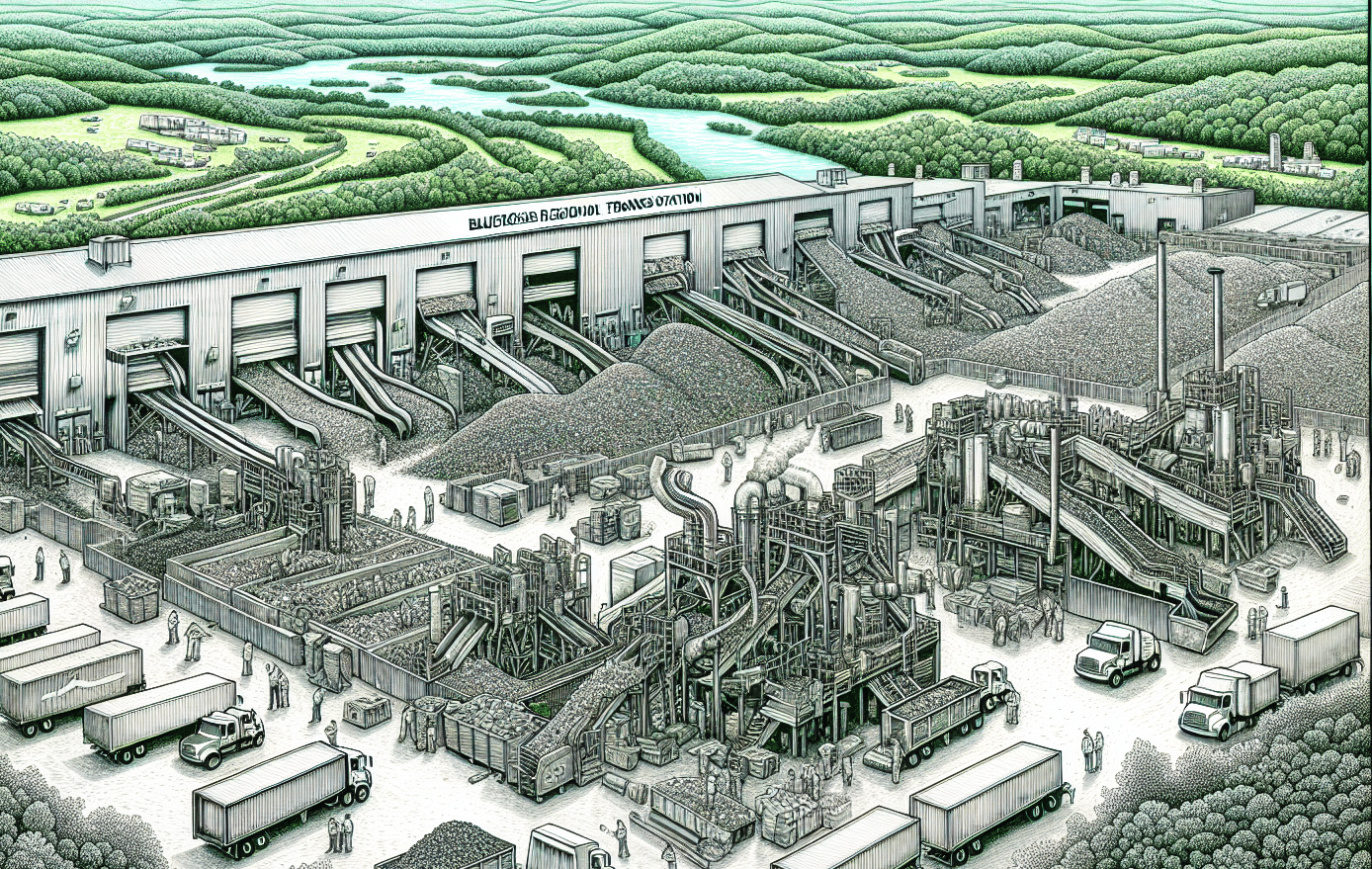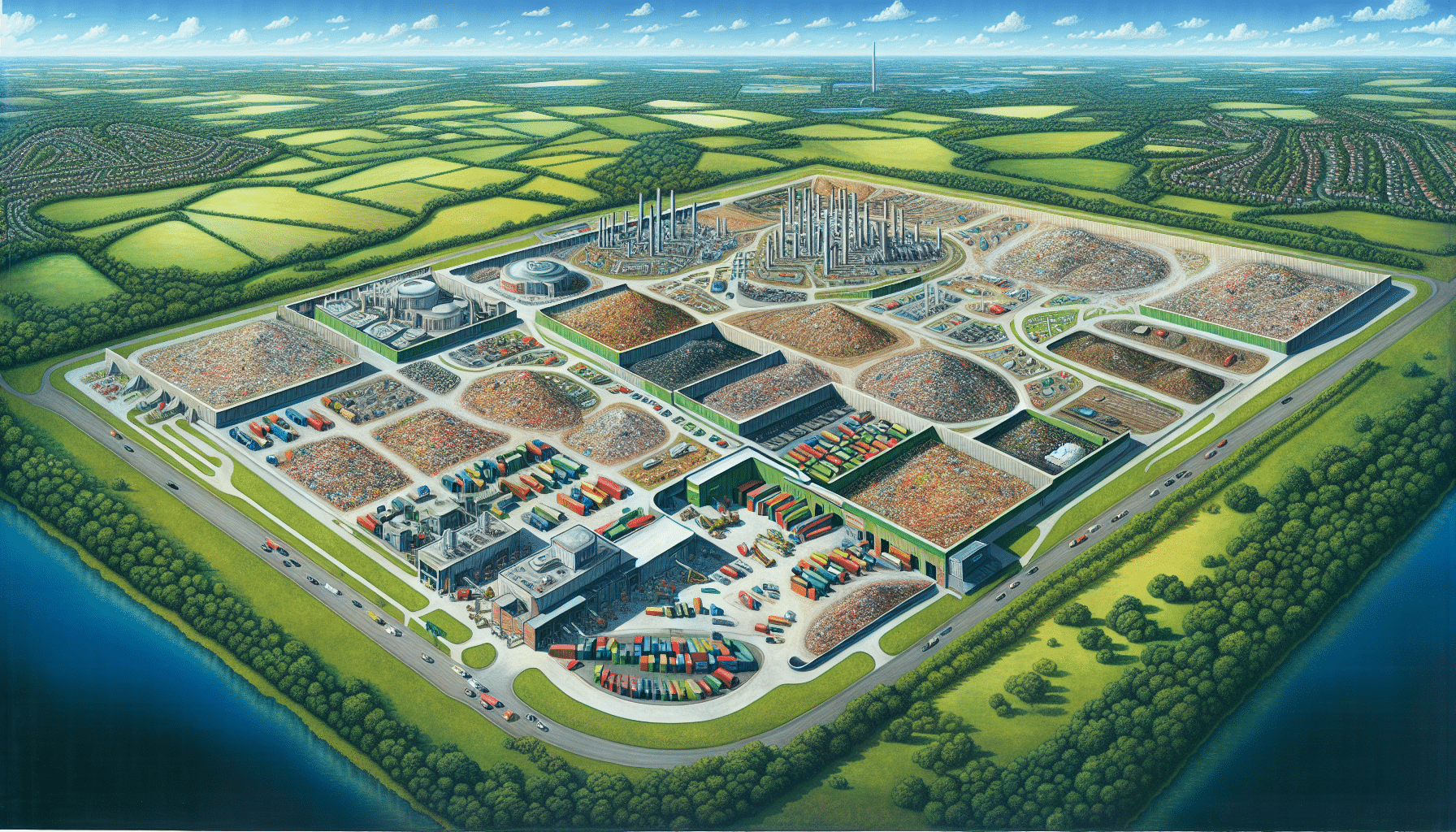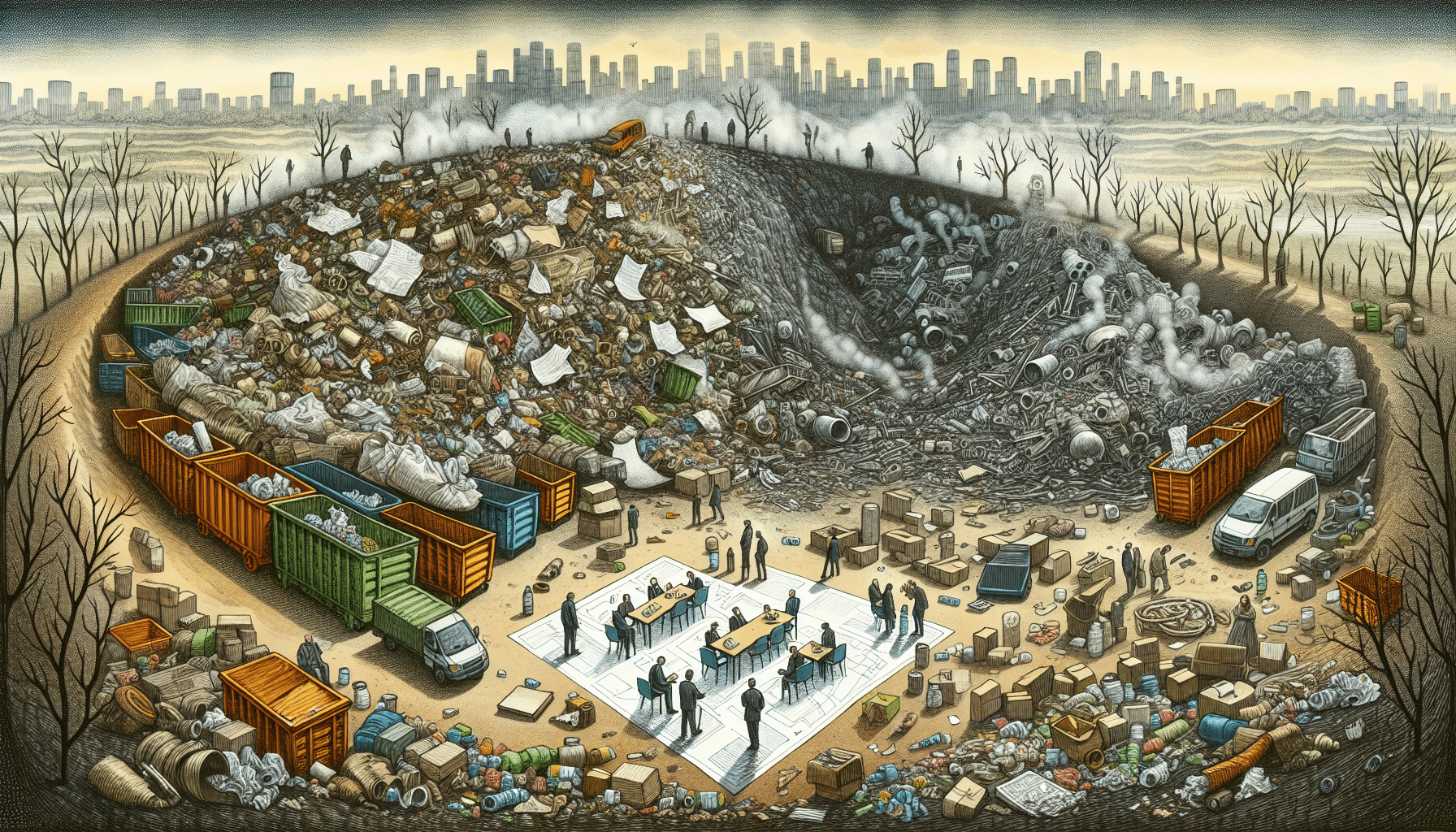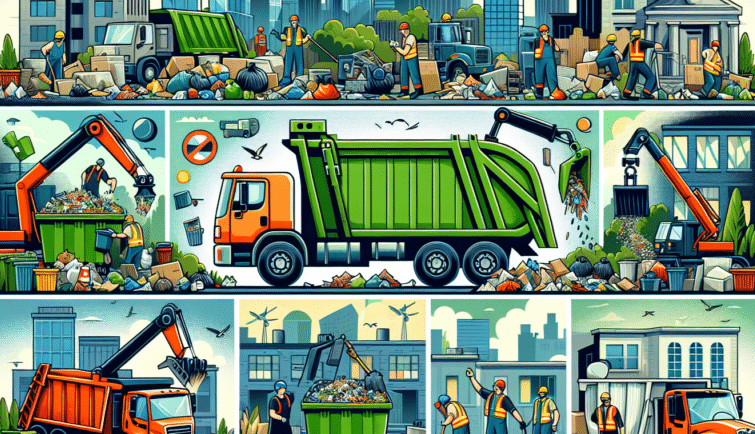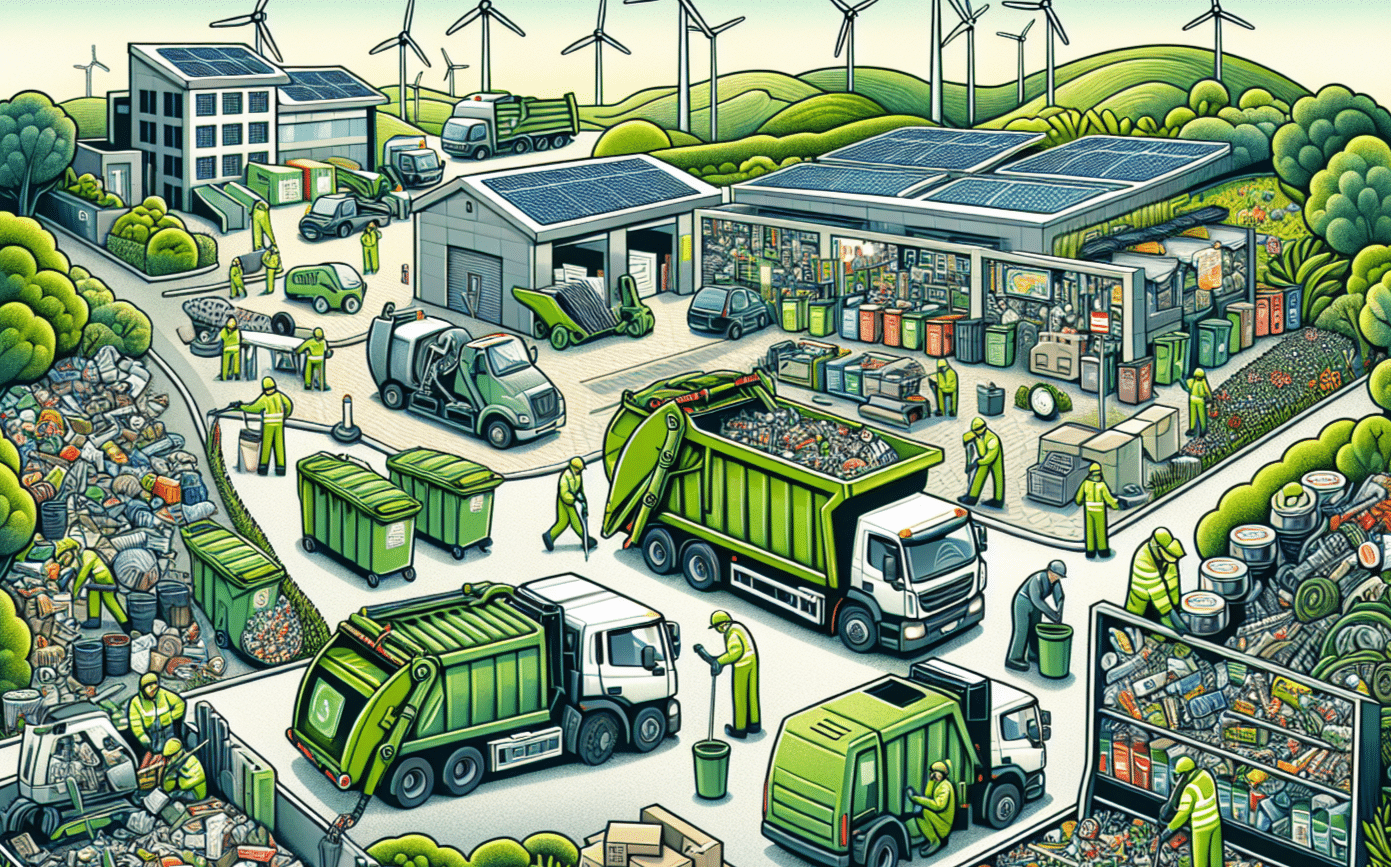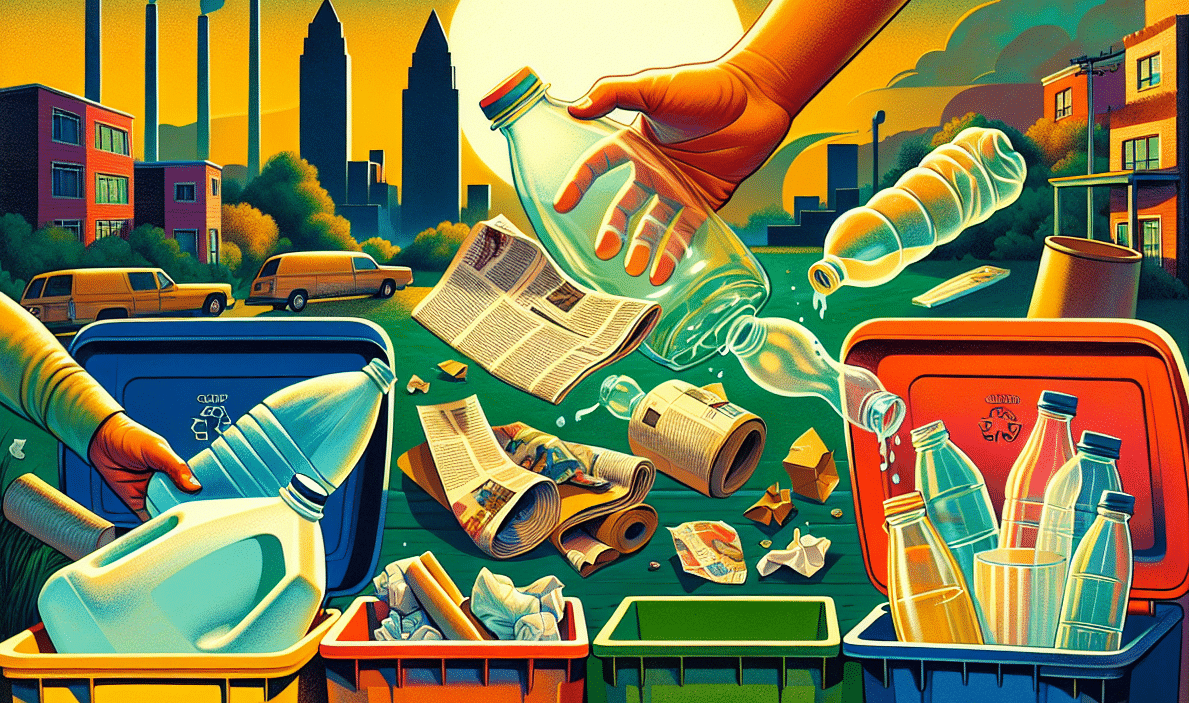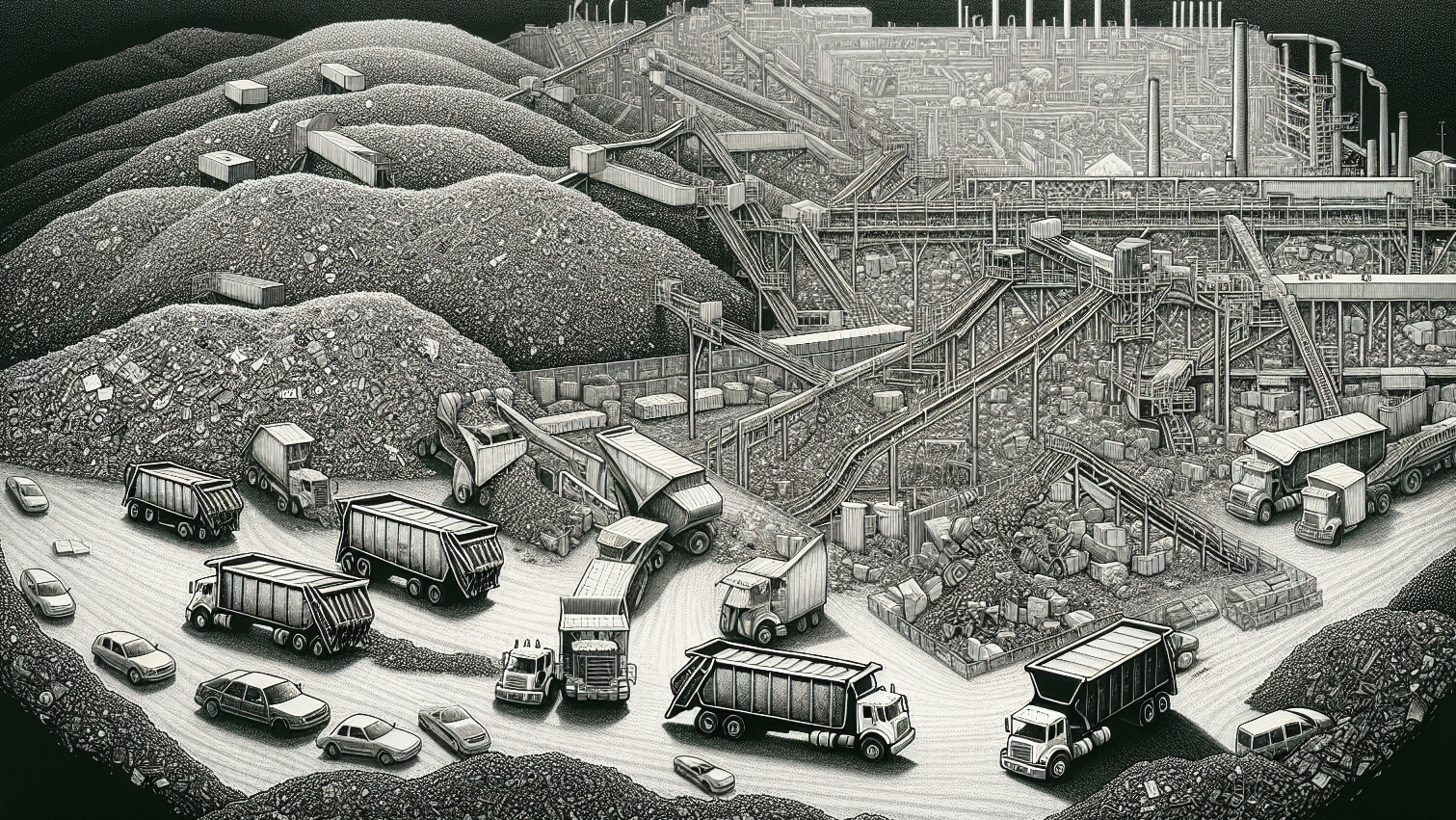Waste management is a growing industry with a lot of potential. In this guide, we’ll cover the basics of the waste management industry, how to create a business plan, and the key steps to get your business off the ground.
Key Takeaways
- The significance of the waste management industry involves reducing emissions, conserving resources, and supporting a circular economy.
- Identifying key waste management sectors, such as e-waste, medical waste, and waste-to-energy, is crucial for new businesses to pinpoint areas of impact and leverage specialized approaches for handling different types of waste.
- Creating a comprehensive business plan, securing necessary licenses, acquiring the right equipment, and implementing efficient waste collection processes are essential steps for launching and sustaining a successful waste management business.
Understanding the Waste Management Industry

The waste management industry has a key responsibility: to collect waste and ensure its efficient disposal to maintain a safer environment. With over 292 million tons of waste produced annually in the United States alone, the need for effective waste management processes is more pressing than ever. Efficient waste disposal and recycling practices reduce greenhouse gas emissions, curb air pollution, and conserve natural resources by lessening the demand for raw material extraction. Starting a waste management initiative in your community can contribute to these positive outcomes.
This industry supports sustainability and a greener future by preventing resource inefficiency, climate change, and health issues. Moreover, waste management businesses offer significant growth potential; the global market was valued at 1.6 trillion U.S. dollars in 2020 and is expected to reach 2.5 trillion U.S. dollars by 2030. The industry’s growth rate of 1.4% since 2015 highlights its steady expansion and the continuous creation of job opportunities.
Identifying Key Waste Management Sectors
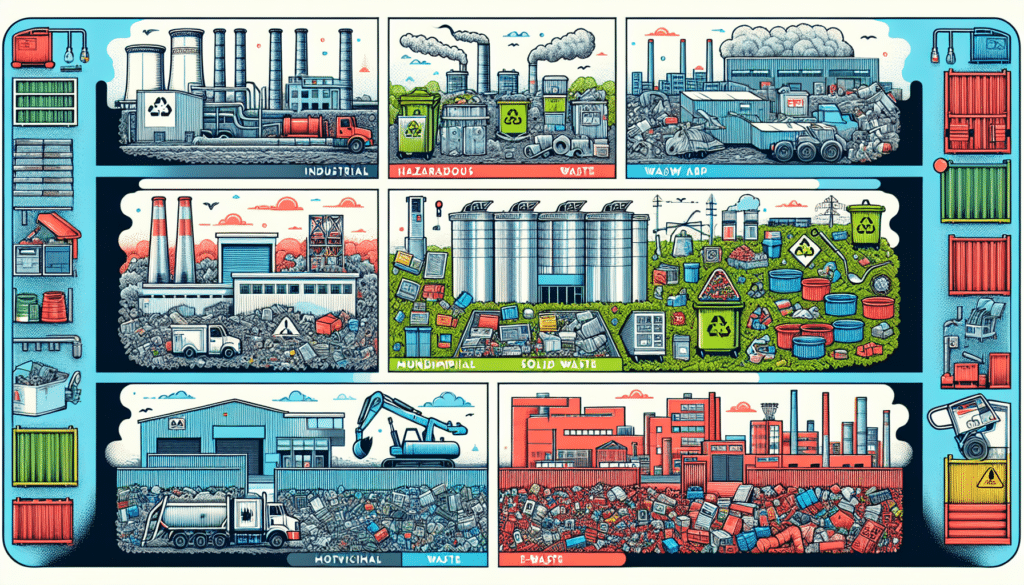
The waste management industry houses various sectors. Each of these sectors plays a pivotal role in managing different types of waste. For any new waste management business, grasping these key sectors is fundamental to identify potential areas of impact. The primary sectors include industrial, hazardous, and municipal solid waste, with each requiring specialized processes for handling and disposal.
E-waste management focuses on the collection, processing, and disposal of electronic waste. Given the rising importance of e-waste recycling, startups are increasingly entering this sector to provide innovative solutions. Meanwhile, the medical waste management sector involves collecting, transporting, and safely disposing of medical waste, which includes sharps, laboratory waste, and pharmaceutical items. Proper management of medical waste not only ensures safety but also allows recycling of valuable resources like plastic and metals. Other significant sectors of waste management include furniture recycling, rubber recycling, and waste-to-energy business.
Creating a Comprehensive Business Plan
A comprehensive business plan forms the foundation of a successful waste management business. The first step in creating any business plan is drafting an executive summary, which provides a brief overview of the business structure and operations. Including an industry overview helps introduce potential investors and stakeholders to the waste management sector and its functioning. A thorough market analysis should specify the target market, competitors, and market trends, providing a clear picture of how the business plans to capture its share of the market. This section should also detail the products and services offered, justifying the business’s confidence in meeting market needs. Financial projections are crucial, covering all expenses, revenue, and profit forecasts to instill confidence in investors. A solid marketing strategy is essential for attracting customers and building brand recognition. Finally, introducing the leadership team and performing a SWOT analysis can solidify the business plan, ensuring the business is well-prepared to navigate challenges and seize opportunities.
Securing Necessary Licenses and Permits
To operate a waste management business legally, it is imperative to obtain the necessary licenses and permits. These documents ensure compliance with local regulations and environmental standards, which is crucial for avoiding legal issues and maintaining a positive business reputation. For instance, medical waste transporters in California need to register with the California Department of Public Health and obtain a Hazardous Waste Registration certificate, while construction debris haulers in New York require multiple permits from both the city and state. Access to disposal sites is another critical aspect of securing permits. Waste management businesses must ensure they have the proper environmental compliance documents to operate legally.
Acquiring the Right Equipment
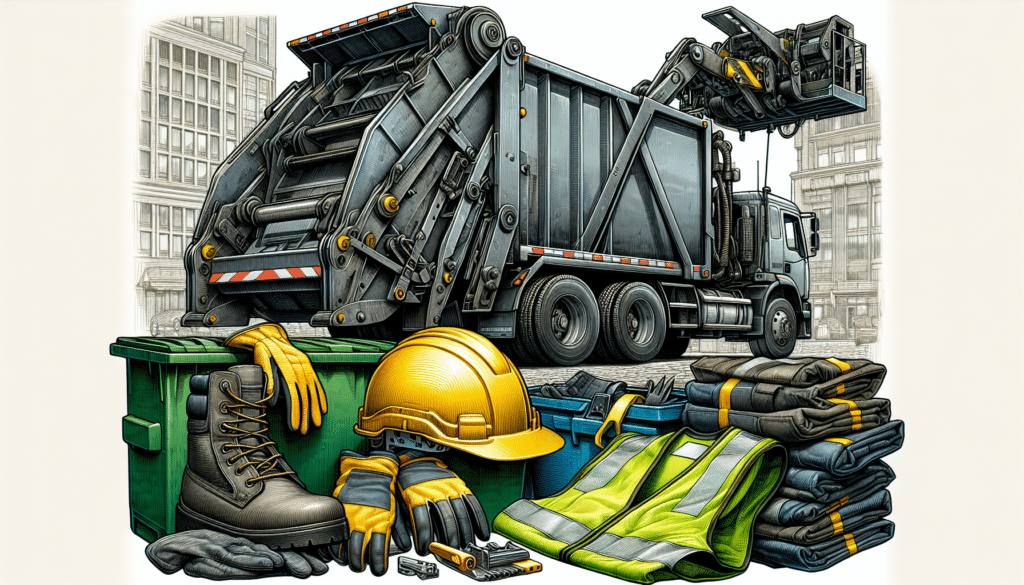
Acquiring the right equipment is crucial to the efficiency and success of a waste management business. Essential waste collection equipment includes trucks, dumpsters, and safety gear, with a mid- to full-size van or pickup truck being necessary for running a successful waste collection business. Additionally, waste treatment equipment like diggers, compactors, and recycling gear are crucial for effective waste management.
Hiring and Training Staff
The success of a waste management business hinges on a well-defined operating strategy and a skilled workforce. Providing consistent training to employees can significantly enhance their skills, making them more effective and efficient in their roles. Training programs also help reduce workplace accidents and equipment damage, thereby minimizing waste and enhancing safety.
Implementing Efficient Waste Collection Processes
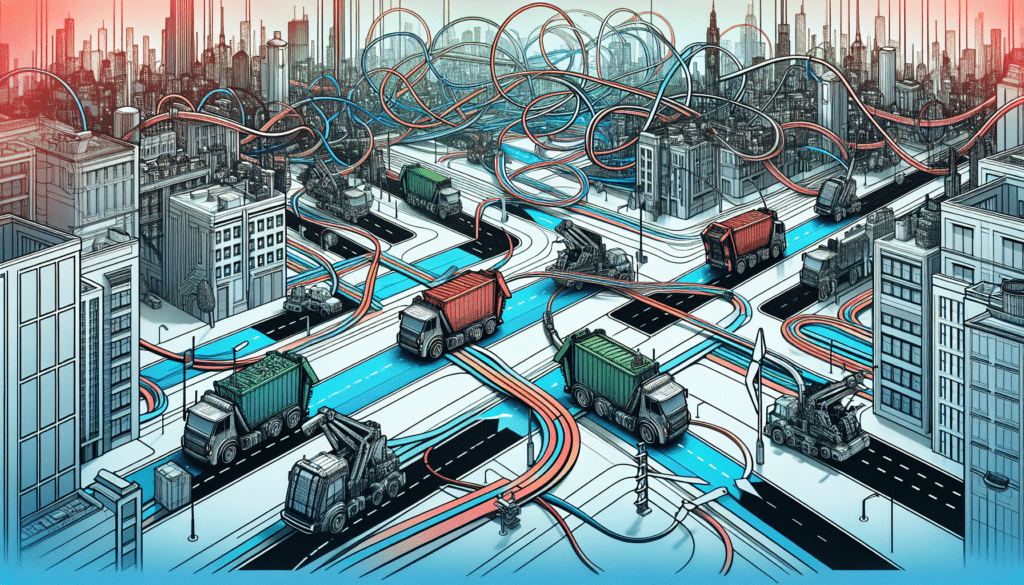
For any waste management business, it’s fundamental to implement efficient waste collection processes to optimize operations and cut costs. Defining operational plans is crucial for ensuring efficient day-to-day activities. Route optimization is a key strategy, helping businesses plan the most efficient routes for waste collection and management. On-site verification and service reports further aid in maintaining compliance and improving efficiency. By reducing missed pickups and optimizing routes to include offload stops at disposal sites, businesses can streamline their operations and improve overall efficiency.
Route Optimization Tools
Route optimization tools like OptimoRoute play a vital role in enhancing the efficiency of waste collection processes. Some benefits of using OptimoRoute include a live tracking feature to monitor drivers in real-time, ensuring timely operations and reducing the risk of missed pickups. Additionally, OptimoRoute can schedule pickups up to five weeks in advance, facilitating long-term planning and efficient resource allocation. By planning the most efficient routes, businesses can achieve significant cost savings and improve operational efficiency.
Sorting and Categorizing Waste
Improving recycling efficiency and reducing contamination in recyclable materials necessitates sorting and categorizing waste. By sorting waste into different streams such as organic waste, hazardous waste, and recyclables, businesses can streamline the recycling process and reduce the overall waste sent to landfills.
Marketing Your Waste Management Business
Marketing plays a pivotal role in the growth and success of any waste management business. Building a solid online presence is essential, which includes having a professional website and active social media platforms. Public advertisements like billboards and posters can also attract local customers and increase brand awareness. Networking with local businesses and community organizations can further enhance visibility and reputation.
Ensuring Compliance and Sustainability
For any waste management business, compliance with environmental regulations and the implementation of sustainable practices are vital. Staying updated with local regulations is crucial, as environmental laws are often hyper-localized and can change frequently. Working closely with the Environmental Protection Agency can ensure your waste management business remains compliant and eco-friendly.
Exploring New Opportunities in Waste Management

The ever-evolving waste management industry presents new opportunities for businesses ready to innovate and adapt. The waste-to-energy sector shows promise in transforming waste into useful energy, such as electricity or heat. It offers an innovative solution to reduce waste and generate sustainable power. Additionally, innovative recycling technologies are being developed to handle complex waste materials that were previously non-recyclable. Investing in these technologies can help businesses stay ahead of the curve and capitalize on emerging market trends.
Summary
Navigating the waste management industry requires a strategic approach, combining thorough understanding, proper planning, and efficient execution. From understanding the industry’s significance and identifying key sectors to creating a comprehensive business plan and securing necessary permits, each step is crucial for building a successful waste management business. Acquiring the right equipment, hiring and training staff, and implementing efficient waste collection processes further ensure operational excellence.
Frequently Asked Questions
Why is a comprehensive business plan crucial for a waste management business?
A comprehensive business plan is crucial for a waste management business because it helps secure investment, refine operations, and ensure business success by providing important market analysis, financial projections, and marketing strategies.
What are the key sectors in the waste management industry?
The key sectors in the waste management industry are industrial, hazardous, municipal solid waste, e-waste, medical waste, furniture recycling, rubber recycling, and waste-to-energy businesses.
How can route optimization tools benefit a waste management business?
Route optimization tools like OptimoRoute can benefit a waste management business by helping plan efficient collection routes, monitor drivers in real-time, and schedule pickups in advance, leading to cost savings, improved operational efficiency, and reduced missed pickups.
Why is it important to sort and categorize waste at the source?
It is important to sort and categorize waste at the source because it improves recycling efficiency, reduces contamination in recyclable materials, and helps streamline the recycling process, ultimately reducing the overall waste sent to landfills.






































































